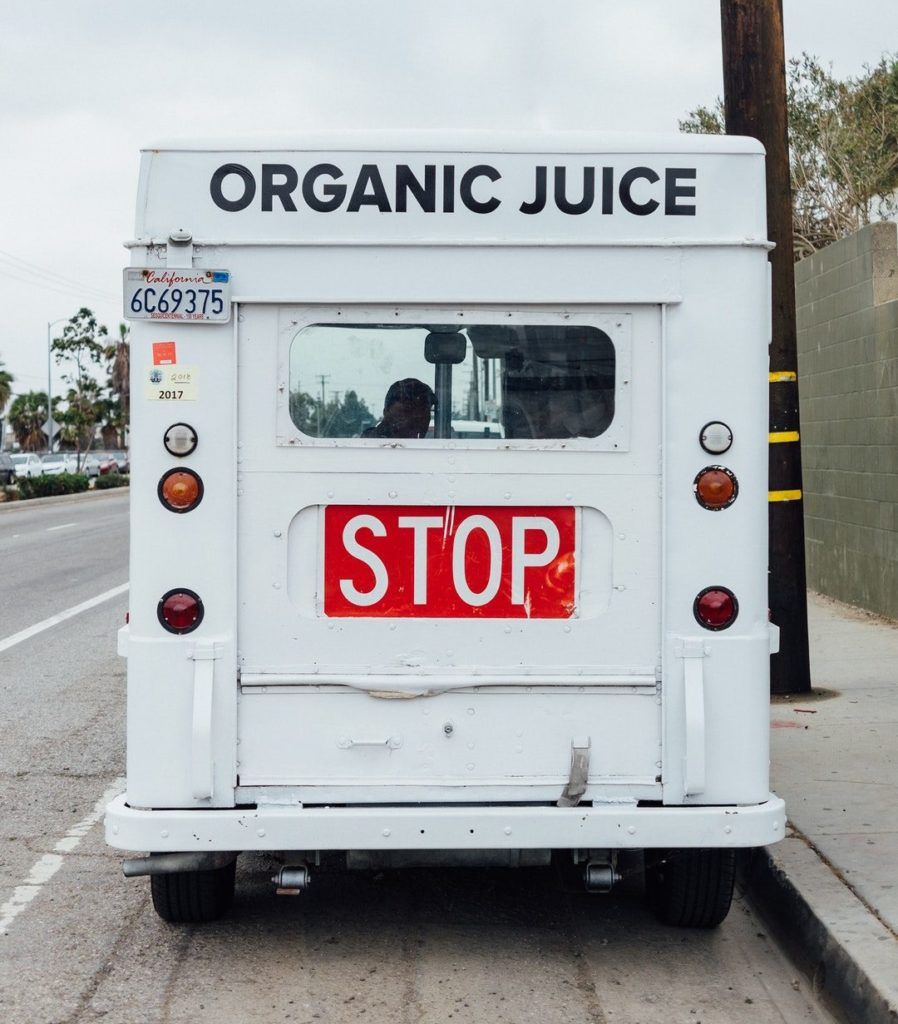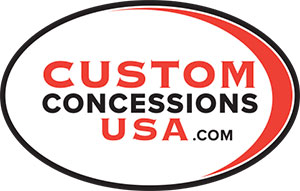
Food trucks, food trailers, food carts—what’s the difference? And which one is best?
Actually, each one is the best at something. It all depends on where you are in your specific type of food service business.
So which one is right for you? Read on to find out.
Food Trucks
Food trucks are the most convenient and versatile of the three mobile food service options we’re comparing today. Just like it sounds, a food truck is a motor vehicle that hosts a full-service restaurant kitchen.
The kitchen is most commonly between 16 and 18 feet long, but it could be anywhere between 10 and 26 feet.
Since the combination kitchen/truck is a single unit, it’s easier to transport than the other 2 options. There’s no towing or packing up involved so you can hop from location to location quickly and easily. It’s also more compact than a food trailer, which makes for an easier driving experience, and it’s much more mobile and easy to transport than a food cart.
However, this also means that automotive problems will affect your whole business. If the engine breaks down, you’ve no choice but to close up shop until it’s fixed.
Food trucks are the most expensive option on the list, but they are a serious investment for those who are serious about their mobile food business.
When it comes to food trucks, buying new is often the best option. That way, your investment will come with a warranty and you can be sure that everything will be in perfect working order. Buying new also allows you to customize the food truck to the specific needs of your particular mobile restaurant business.
Food Trailers
Unlike the food truck, the food trailer is not mobile on its own. It must be hitched to a separate truck or another vehicle powerful enough to tow it.
The typical kitchen of a food trailer is comparable to that of a food truck in size and function. However, they can be much longer—up to 53 feet!
Bigger may be better for the venue of your particular business. But a food trailer is bulkier than a food truck and not as easy to move around. There are many streets food trucks can serve that aren’t large enough to accommodate food trailers.
For all these reasons, food trailers are best suited for big events like state fairs. They’re also cheaper than food trucks. And you can switch to another towing vehicle if your primary vehicle breaks down.
Food Carts
Food carts are the mobile food service entrepreneur’s cheapest option. They do not attach to vehicles and are only mobile when pushed by hand. They also lack full-service kitchen.
As such they are best suited for a much smaller and more focused mobile food business. They can be outfitted with refrigeration and/or a cooking device, such as a deep fryer, but do not provide the convenience of having a full kitchen.
Since food carts are pushed by hand, the distance you can travel is entirely dependent upon your own foot power. Usually they can only be pushed around a single area, so they don’t have the same mobility as a food truck or food trailer.
Food carts are mostly useful for lunch rushes along busy footpaths. They can serve a simple menu of one type of meal or snack.
If you’re just starting out, a food cart could be a stepping stone to a more sophisticated vehicle later on. A well-managed hot dog, pretzel, or homemade ice cream cart can earn you enough to work your way up.
Take Your Business to Go!
So what’ll it be? Now that you know your options, may we take your order?
Want more food truck advice? Check out more blog posts here!
Thinking about starting a food truck? Request a free custom quote and one of our food truck specialists will help you design the truck of your dreams.
Stay up to date on everything Custom Concessions has to offer! Like us on Facebook and follow us on Twitter.
